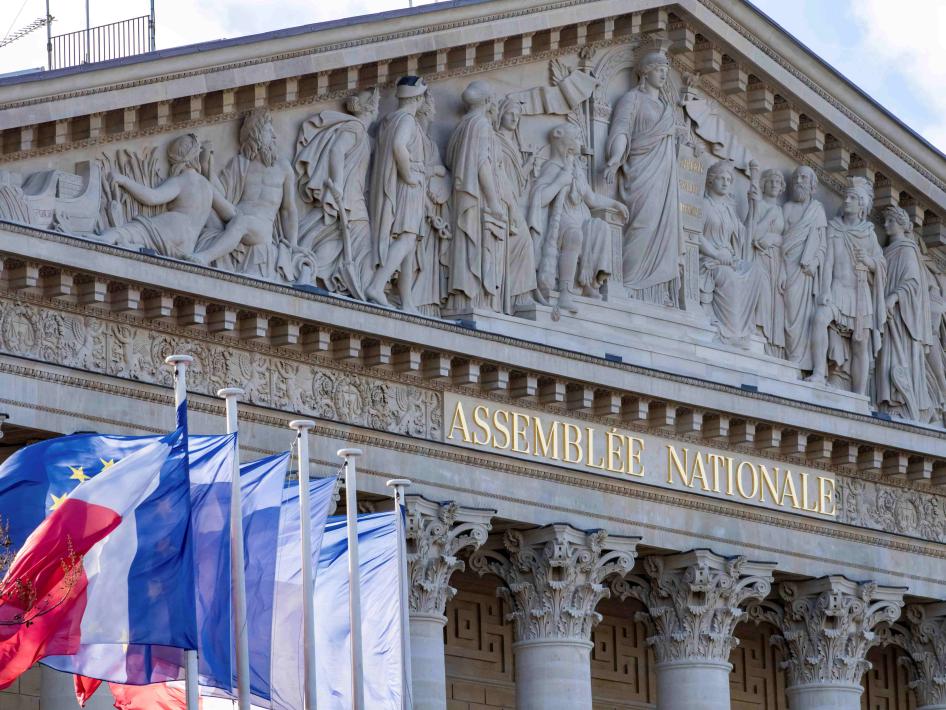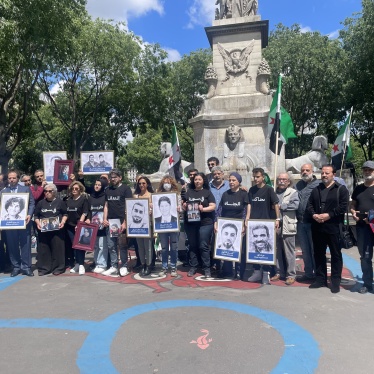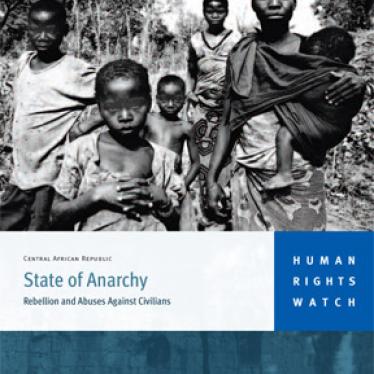France’s parliament has approved changes to legislation that will allow for easier prosecution of serious crimes, such as war crimes, crimes against humanity, or genocide.
However, while some changes provide a step forward, not all the restrictions that prevent France’s justice system from pursuing the prosecution of serious crimes have been addressed.
The investigation and prosecution of grave crimes in France has been based on a 2010 law that hampered the ability of French judicial officials to pursue cases involving serious crimes not committed in France, or by or against a French citizen. The inclusion of the “dual criminality rule”, used in extradition law, meant that unless crimes such as genocide, and the specific war crimes and crimes against humanity were expressly criminalized in the domestic law of country where they were committed, they could not be prosecuted in France.
Human rights organizations, victims’ groups, and members of parliament have for years pressed the French government to amend the law by removing this and other restrictions. In May, cases involving Syria led France’s highest court to clarify the interpretation of the dual criminality rule which triggered new debates in parliament. By voting to set aside the dual criminality rule in these cases, parliament has enabled the pursuit of a potentially more significant number of international crimes committed outside of France.
However, some hurdles remain. France’s law still required that a suspect has his “habitual residence” in France for the prosecution of serious crimes to proceed. Human rights groups argue the changes this week may have tightened this restriction, which may result in persons implicated in grave crimes being able to stay in France while evading accountability.
In addition, unlike for other crimes in France, prosecutors retain discretion in deciding whether to pursue grave crimes cases. French prosecutors must also verify whether any other national or international court has asserted its jurisdiction before opening an investigation. These restrictions remain in place.
France seems to be simultaneously making progress on international justice while also stumbling backwards. Victims and survivors deserve a comprehensive commitment from French authorities on accountability – and that starts at home, by ensuring that France’s stated principles on international justice are fully reflected in French law.






